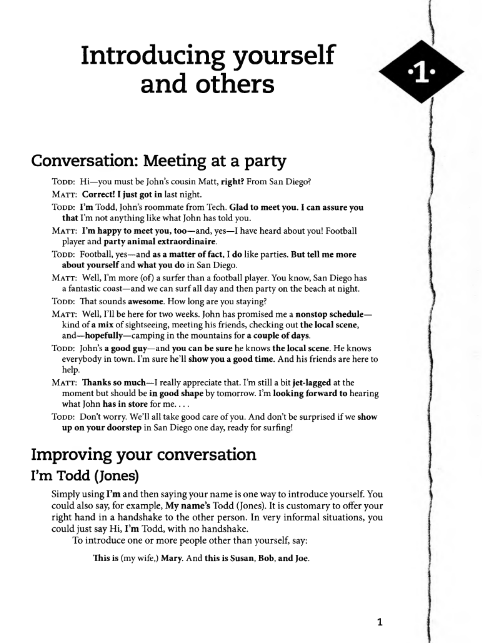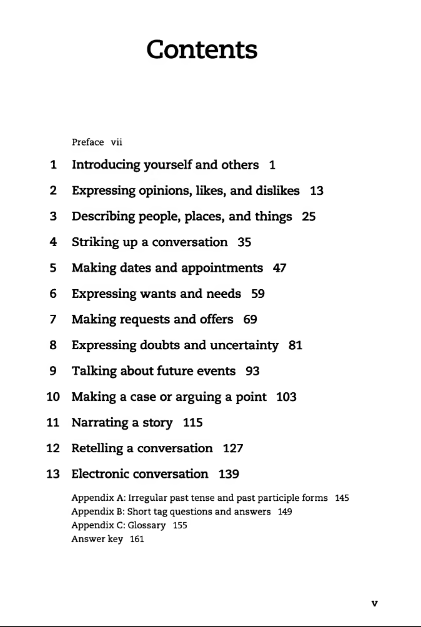


Mục lục
ToggleCÁCH NHẬN DIỆN TỪ LOẠI
1. Danh từ
Danh từ thường có các đuôi sau:
| Đuôi | Ví dụ |
|---|---|
| -tion | solution |
| -sion | dimension |
| -e | departure |
| -ity | information |
| -ness | happiness |
| -ce | importance |
| -th | length |
| -ment | development |
| -er / -or | teacher / director |
| -ist | specialist |
| -ian | musician |
| -ess | actress |
2. Tính từ
Tính từ thường có các đuôi sau:
| Đuôi | Ví dụ |
|---|---|
| -ive | attractive |
| -ous | dangerous |
| -ent | different |
| -able / -ible | imaginable / possible |
| -al | personal |
| -ed | interested |
| -ing | interesting |
| -ful | careful |
| -less | careless |
| -ic | economic |
3. Trạng từ
Trạng từ thường kết thúc bằng **–ly**
Ví dụ:
carefully, beautifully, interestingly.
4. Động từ
Động từ thường có các đuôi sau:
| Đuôi | Ví dụ |
|---|---|
| -ate | concentrate |
| -ise / -ize | organise / organize |
| -en | widen |
| -fy | beautify |
NHỮNG ĐIỂM CƠ BẢN ĐỂ NẮM VỮNG CHỦ ĐỀ
Để nắm được chủ đề này, ta có thể triển khai như sau:
1. Mở bài theo dạng chủ đề
Đây là cách viết một mở bài đơn giản. Từ khóa cần nhớ là about hoặc relates to hoặc linked to.
Ví dụ:
This subject is about…
This subject relates to…
This subject is linked to…
Các chủ đề hay ra trong bài:
- Education (giáo dục)
- Travel (du lịch)
- Family/ Community (gia đình/ cộng đồng)
- Friendship/ Relationship (tình bạn/ mối quan hệ)
- Global warming (nóng lên toàn cầu)
- Environment (môi trường)
- Crime/ Punishment (tội phạm/ trừng phạt)
- Technology (công nghệ)
- The media (truyền thông)
- Health (sức khỏe)
- Business (kinh doanh)
- The government (chính phủ)
- Food (thức ăn)
- The environment (môi trường)
- Sport (thể thao)
- Art/ Music (nghệ thuật/ âm nhạc)
- Money (tiền bạc)
Mở bài theo dạng chủ đề:
Ví dụ:
This subject is about health and in my opinion it is very important.
DẠNG MỞ BÀI THỨ HAI – CHUYÊN SÂU
Khi đi thi task 2, loại mở bài tập trung vào chủ đề là bắt buộc. Vì khi đó mở bài rất đơn giản.
Cách mở bài là: Tập trung vào chủ đề + paraphrase đề + nêu ý kiến.
5 CÔNG THỨC VIẾT MỞ BÀI CHÍNH XÁC CHO MỌI DẠNG ĐỀ
Dưới đây là 5 dạng phổ biến nhất trong IELTS Writing Task 2, kèm công thức rõ ràng và ví dụ.
1. Dạng Opinion – Agree/ Disagree
Đề bài:
Many scientists think that computers will soon become more intelligent than humans. To what extent do you agree or disagree?
Phân tích nhanh trước khi viết:
- Paraphrase:
Many scientists believe → many researchers believe
computers will become more intelligent → computers may soon be smarter than humans - Opinion:
Giả sử bạn đồng ý → dùng cấu trúc I agree that…
Mở bài mẫu:
Many researchers believe computers may soon be smarter than humans and in my opinion, I agree that this will happen in the future.
2. Dạng Discuss Both Views & Give Your Opinion
Đề bài:
Some people think children should start school at a very early age while others believe they should go later. Discuss both sides and give your own opinion.
Paraphrase:
- Some people think → many feel
- start school at a very early age → begin studying early
- should go later → start education later
Mở bài mẫu:
Many feel children should begin studying early while others think they ought to start their education later. In my opinion, both sides have good points but starting later is better for most children.
3. Dạng Problem – Solutions
Đề bài:
Traffic congestion is becoming a major problem in many cities. What are the causes and what can be done to solve this problem?
Paraphrase:
- major problem → serious issue
- traffic congestion → heavy traffic
- what are the causes → the reasons behind this
- what can be done → how it can be addressed
Mở bài mẫu:
Heavy traffic is becoming a serious issue in many cities these days and this essay will look at the reasons behind this and how it can be addressed.
4. Dạng Advantages – Disadvantages
Đề bài:
More people today prefer to communicate online rather than in person. Do the advantages outweigh the disadvantages?
Paraphrase:
- communicate online → use the internet to communicate
- in person → face-to-face
- advantages outweigh the disadvantages → has both positives and negatives
Mở bài mẫu:
Many people today use the internet to communicate instead of speaking face-to-face and this has both positives and negatives. In my opinion, the advantages outweigh the disadvantages.
5. Dạng Two-part Question
Đề bài:
Why do people enjoy dangerous sports? Is this a positive or negative development?
Paraphrase:
- dangerous sports → risky activities
- positive or negative development → good or bad trend
Mở bài mẫu:
Many people today enjoy risky activities for various reasons and this essay will look at why this is happening and whether it is a good or bad trend.
1. Do you think people nowadays socialize differently compared to the past?
Sample answer:
Yes, I think socializing has changed a lot. In the past, people met face-to-face more frequently, and most interactions happened within small local communities. Nowadays, technology plays a big role. Many people communicate through social media, messaging apps, and online platforms. This makes communication faster and more convenient, but sometimes it feels less personal.
2. Is it important to make a good first impression when meeting someone new?
Sample answer:
Absolutely. A first impression can strongly influence how someone perceives you afterward. Even though it is possible to change someone’s opinion over time, it is still easier when you start with a positive impression. Being polite, confident, and friendly helps create a good foundation for future interactions.
3. Why do some people find it difficult to introduce themselves to others?
Sample answer:
Some people feel shy or nervous, especially in unfamiliar environments. They might worry about being judged or saying something awkward. Others may lack confidence in their communication skills or simply feel uncomfortable around strangers. Practice and exposure usually make it easier over time.
4. Do you think it’s easier to meet new people now than in the past?
Sample answer:
In some ways, yes. Technology allows us to meet people through social media, online communities, and dating apps. Traveling is also more accessible, so people interact with different cultures more often. However, some people argue that modern communication feels more superficial, and building deep relationships can still be difficult.
5. What skills are important for communicating well with others?
Sample answer:
I think the most important skills are listening actively, speaking clearly, and showing genuine interest in the other person. Being polite and respectful also helps. Additionally, understanding cultural differences can prevent misunderstandings, especially in international situations.
1. Making introductions
- I’m (name).
- My name’s (name).
- This is my friend/coworker…,
- Let me introduce you to…
2. Responding to introductions
- Glad to meet you.
- Nice to meet you.
- Happy to meet you, too.
3. Checking confirmation
- Right?
- Correct!
- That’s right.
- No, that’s not correct.
4. Giving emphatic answers
- Yes, I am / Yes, he is / Yes, they are.
- No, I’m not / No, he isn’t / No, they aren’t.
- Yes, I do / Yes, they do.
- No, I don’t / No, she doesn’t.
5. Useful conversational expressions
- As a matter of fact…
- Actually…
- I can assure you that…
- You can be sure that…
- Tell me about yourself.
- I’m looking forward to…
- Hopefully…
- A couple of…
- To show someone a good time.
- To be in good shape.
- Thanks so much / I really appreciate it.
- Just (meaning “a short time ago”).



